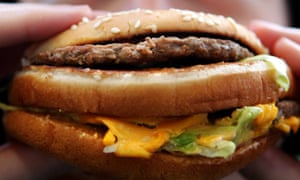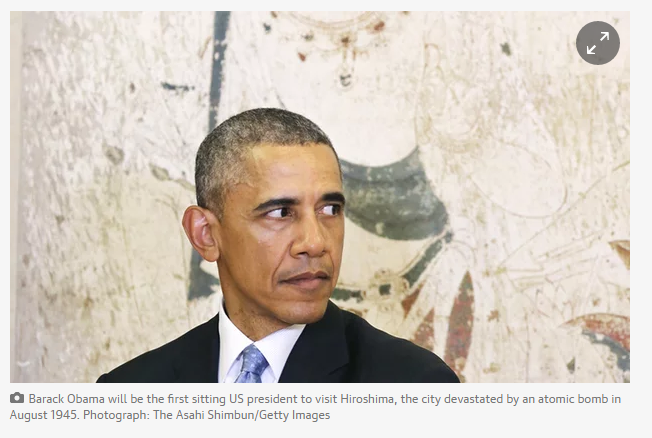- Unknown
-
 Tuesday, May 31, 2016
Tuesday, May 31, 2016
-
 0 Comments
0 Comments
- Unknown
-
 Monday, May 30, 2016
Monday, May 30, 2016
-
 0 Comments
0 Comments
If you type "millennials are" into Google, the search engine will suggest you complete the thought with "lazy," "stupid" or "entitled." Amazing facts
- Unknown
-
 Friday, May 27, 2016
Friday, May 27, 2016
-
 0 Comments
0 Comments
- Unknown
-
 Wednesday, May 25, 2016
Wednesday, May 25, 2016
-
 0 Comments
0 Comments

Nutritionists, healthy food and public health experts are in meltdown over a report claiming that fat is good for us. Against the conventional thinking, the National Obesity Forum and a new group calling itself the Public Health Collaboration, say eating fat, including butter, cheese and meat, will help people lose weight and combat type 2 diabetes and that the official advice is plain wrong.
A furious Public Health England has come out with all guns blazing. It says this is “irresponsible and misleads the public” and most of the public health establishment agrees.
It is the latest battle in the food wars and will not be the last. It may seem obvious that we are what we eat, but scientists struggle to work out exactly what that means. Sugar, by now, is well known to be the enemy of good health. Few outside of the food and soft drinks industry argue over that any more. However, the effects of fat – and importantly, different kinds of fats – are strongly contested. The current furore demonstrates, if nothing else, how passionate the debate over nutrition can be and how difficult it is to reach any sort of simple truth.
The new report does not have the status of a paper in a scientific journal. It is a 10-point campaigning document, drafted by a group of people from several countries whose views would be said by some to be pioneering and others to be maverick. They include Dr Robert Lustig, author of Fat Chance: The Hidden Truth About Sugar, Obesity and Disease, who has been one of the leaders of the anti-sugar movement. The paper was coordinated by cardiologist Dr Aseem Malhotra, who has recently parted company with the UK campaigning organisation Action on Sugar. With his father, Dr Kailash Chand, deputy chairman of the British Medical Association, and Dr David Cavan, of the International Diabetes Federation, Malhotra has founded the Public Health Collaboration, which published the report on its website.
It has also published its own rival version of Public Health England’s Eatwell plate. They look very different. A third of the official Eatwell plate is taken up with “potatoes, rice, pasta and other starchy vegetables” while only small segments feature dairy products and protein. The Public Health Collaboration plate is divided in half with not a potato in sight. Half is fruit and vegetables – non-starchy carbohydrates – while the other half is fats and proteins, including bacon, meat, eggs and cheese.
- Unknown
-
 Tuesday, May 24, 2016
Tuesday, May 24, 2016
-
 0 Comments
0 Comments
- Unknown
-
 Monday, May 23, 2016
Monday, May 23, 2016
-
 0 Comments
0 Comments
Thursday
Friday
Saturday
Sunday
Thursday
Friday
Saturday
Sunday

Thursday
Friday
Saturday
Sunday











0 comments: